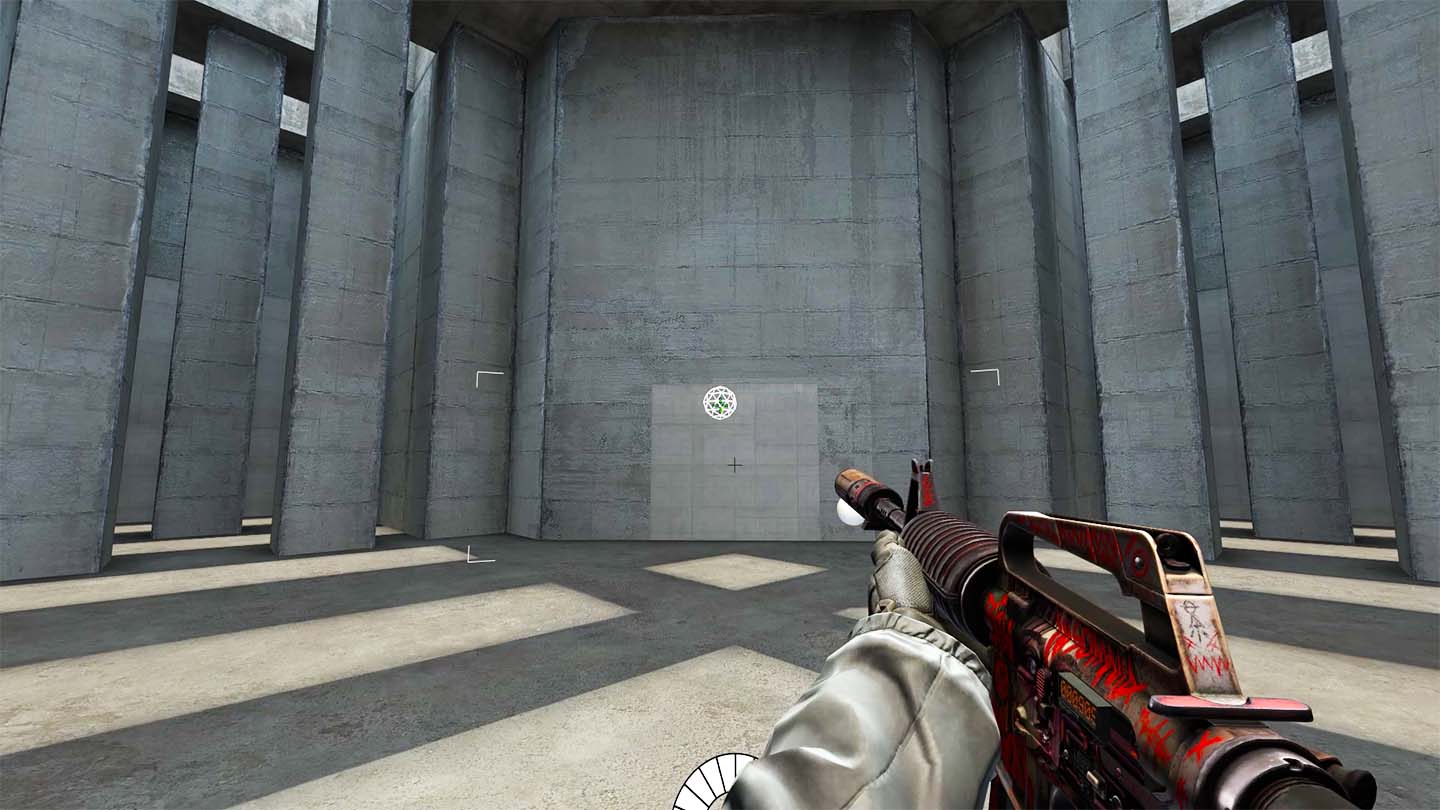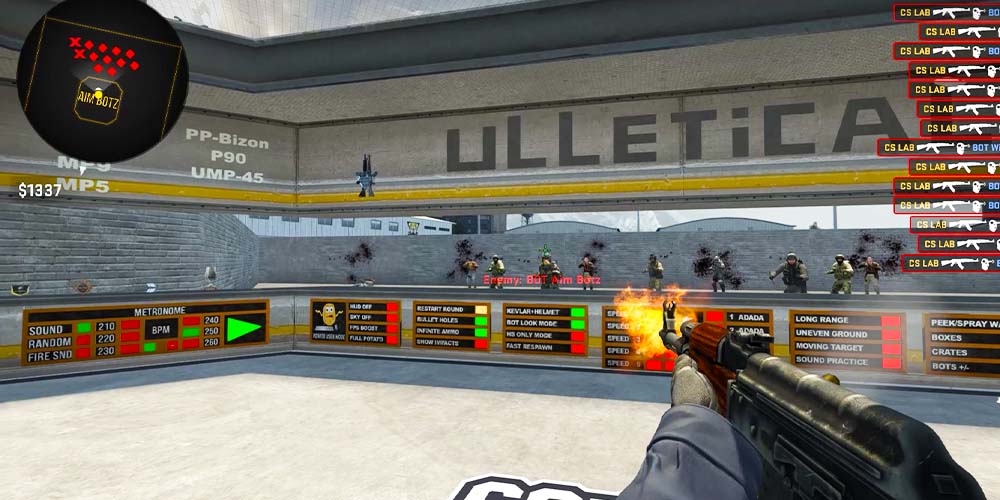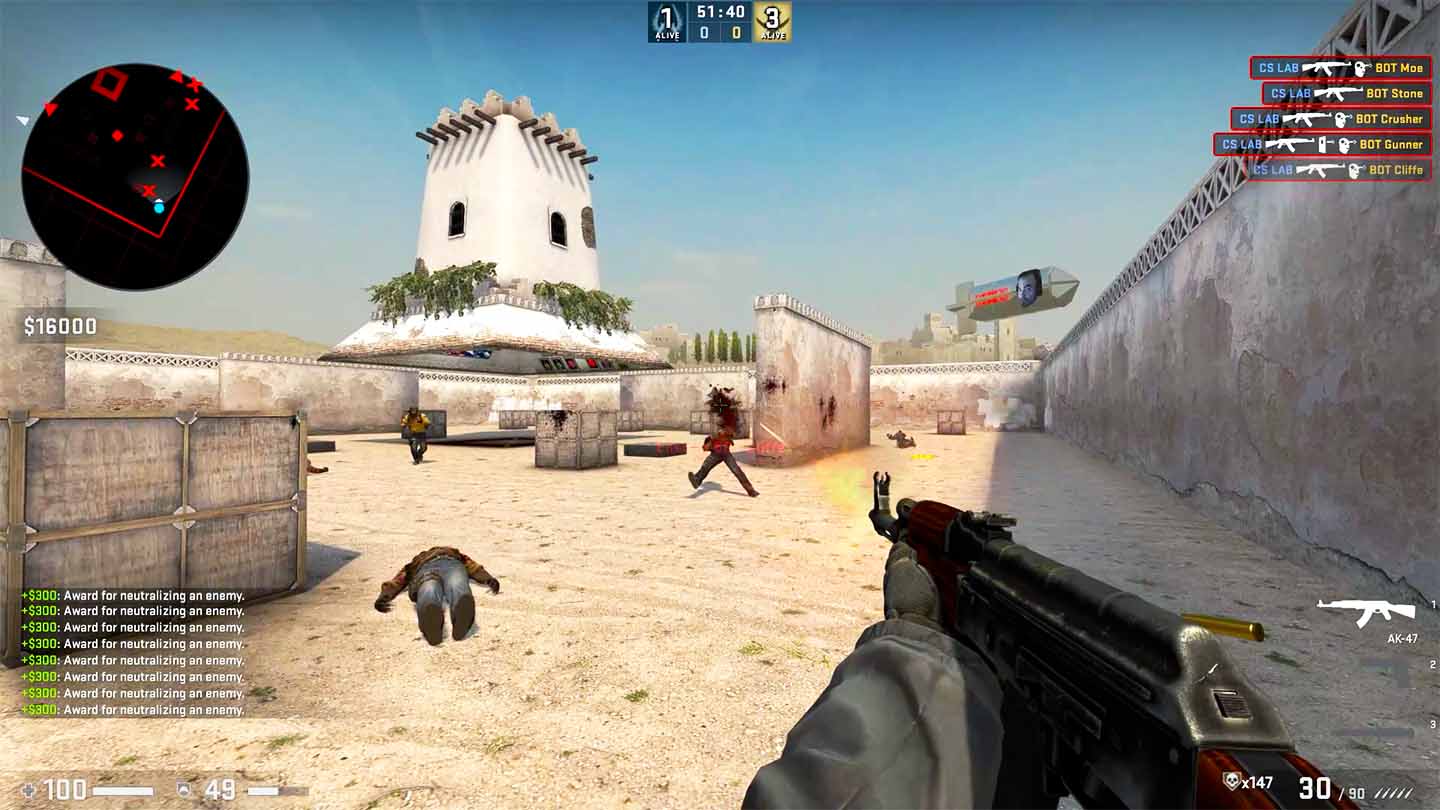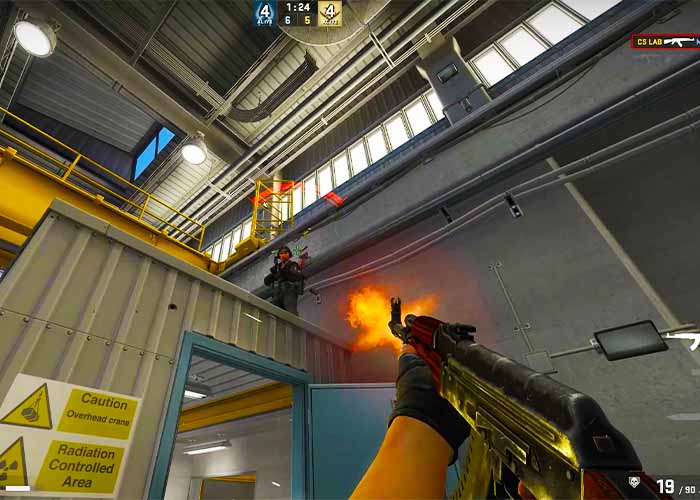How Short Aim Training Sessions Leads to Better quality
Let’s face it, aim training is repetitive and not as thrilling as an actual match. This can lead to a loss of concentration, causing your focus to drift away from what’s truly important. The emphasis should be on quality over quantity. A lack of mental engagement and poor focus can lead to a decline in the quality of your training. This poor quality, results in limited progress, causing you to waste time and energy on training that aren’t beneficial.
However, this doesn’t mean that you should quit aim training as soon as you notice your focus starting to drop. Pushing through the repetitiveness is acceptable, provided that you can maintain a decent level of focus and are not easily distracted.
Why Short Aim Training Sessions Are Key to Long-Term Success
Keeping your aim training sessions short help you maintain long-term motivation. If you practice for extended periods, you may start to see aim training as a boring task rather than a productive activity, leading to a loss of motivation. This loss of motivation will negatively impact your long term progress.
If you plan on training for hours every day, you’ll soon find it hard to fit into your schedule, especially if you want to make time for competitive matches and other activities outside the game. By keeping your training sessions short, you can retain interest and ensure that it’s viewed as a manageable task that won’t consume too much of your time and energy. Remember, consistent practice over time is key to long-term success, and short frequent aim training sessions can be a great way to achieve this consistency.
Minimise the risk of injury
Lastly, consider your body’s physical limits. By training longer than necessary, you risk overloading your joints, potentially leading to injuries. This could necessitate a break from your aim training and negatively affect your progress. So, rather than trying to complete all your aim training in one go, it’s more effective to divide it into multiple shorter sessions. This approach helps you stay focused, motivated, and capable of training effectively without risking injury.




